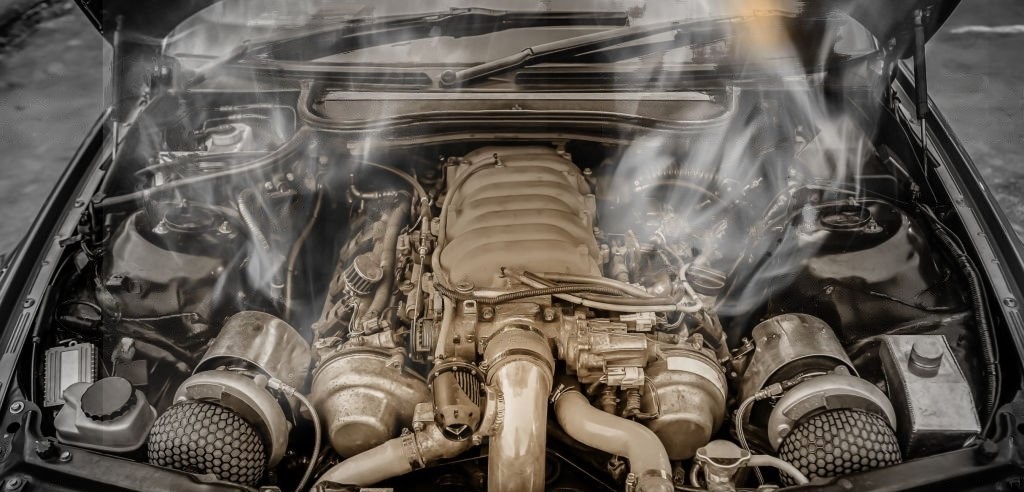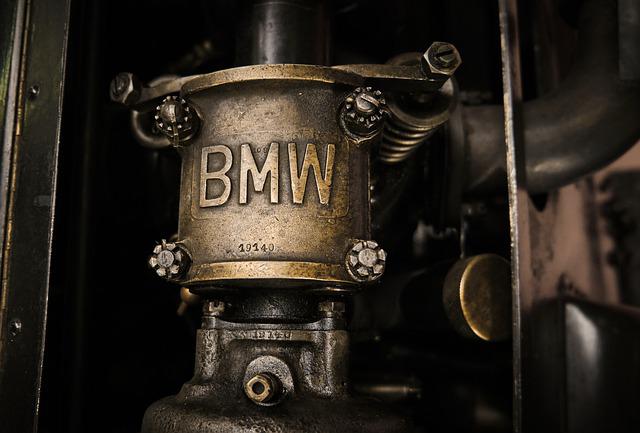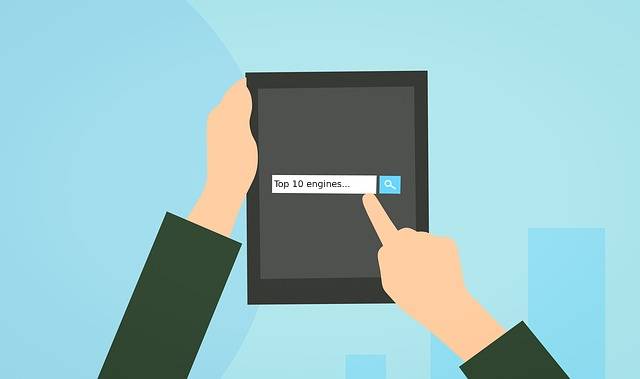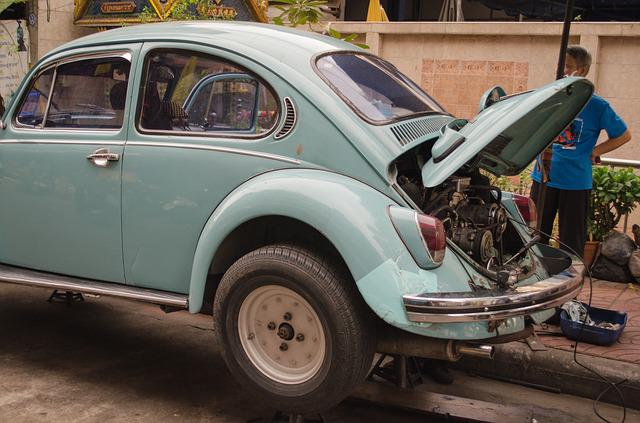Why is your car engine overheating when the coolant is full?
Find Used Engines and Transmissions for a Great Price! Live Assistant For Used Engines Call 1800-518-9776

It is always fun to go on an uninterrupted car ride and not experience any issues on your way. Your car is in a good condition and you have made sure it is working well.
You have also made sure that your car has a coolant system working, doing its best job, maintaining the car's engine temperature, and the coolant is full, yet, you are experiencing overheating issues with your vehicle.
You question yourself about engine overheating even when the coolant is full.
Let’s go through a list of reasons why your Car Engine overheats when the coolant is full.
Reasons your car is overheating when the coolant is full
Engines overheat for multiple reasons such as cooling system leaks, blocked hoses due to corrosion, radiator issues, broken water pumps, and many more reasons simply due to regular wearing and tearing.
Having so many factors contributing to the issue being faced, it becomes important to do a thorough inspection and test the entire coolant system to diagnose the actual problem.
With the cooling system of your vehicle, there are a few mechanical parts that are involved to make up the same. Let’s get to know about these components and how they contribute to the overheating symptoms you have observed:
1. Water Pump
The Water Pump is the most important part of the car’s cooling system and is connected to the engine for its operation. Its major function is to pump the anti-freeze mixture and water throughout the car’s cooling system. You will get the answer to why is my car overheating if the coolant is not being circulated properly. If it is pumping only water, it may begin to boil, thus leading to car overheating.
An unstable water pump is the result of internal erosion or leaks. If the belt is making noises, or the coolant leak is from the front of the car, or you observe the steam escaping through the coolant system, and you notice the overheating symptoms, you must always check the water pump first.
2. Water Belt
The Water Pump Belt is in charge of powering the flow of the coolant and is responsible for pushing it through the cooling system. It is related to the proper functioning of the water pump as well.
A broken/worn-out belt will lead to the loosened functioning of the entire water pump. With this issue, the engine coolant will not be pushed into the radiator to cool and the coolant fluid within the system will continue to boil, causing the car engine to overheat.
Getting the water belt fixed is the only way to avoid a belt bummer. To avoid bigger engine problems, it is recommended to tighten the belt and replace the broken ones to keep the engine and the situation cooled.
3. Thermostat
When it comes to the coolant flow to the engine, the thermostat has the most say. A bad thermostat is one of the other reasons why engine overheating is caused even when the coolant is full.
Thermostat reads the engine temperature and decides when to allow coolant fluid to flow through the coolant system. Basically, when the engine gets hot, the thermostat valve opens up, allowing the coolant flow and reducing the engine overheating and when the engine gets cool in winter, the valve is closed to block the flow of coolant and helps the cold engine warm-up.
With a broken thermostat or thermostat being corroded, and inaccurate temperature readings, the engine will overheat and no matter how hot it gets, the coolant is unable to pass through it.
If you observe variable temperature readings, engine overheating, or leaking around the thermostat and onto the ground underneath your car, you must know that the overheating is due to a malfunctioning thermostat.
4. Radiator
The radiator brings down the temperature of the coolant flowing through the system. Thus, the proper functioning of the radiator is necessary to maintain the engine temperature.
If you have a sludge build-up in the radiator, or you may be displaying low coolant levels, and your car is overheating, it means the radiator’s functioning has gone wrong. A leaking or clogged radiator will slow the flow of coolant or it will prevent it altogether.
It, thus, becomes important to check the radiator fan. If the fan blade is broken and there is an inadequate connection, it can bring disruptions in the flow of coolant fluid. It is necessary that the coolant is effectively cooled and is sent back through the engine to avoid the engine overheating causes.
5. Fuse
The Fuse Box is one of the components within the compartment of the engine. It holds the fuses for the cooling fan and other components, electrical in nature. They are basically to shield and preserve the wiring in your car.
If you notice that the cooling fan is not working properly, and there is excess engine overheating, it is a sign of a bad fuse in your cooling system.
The cooling fan will not work properly, considering the fuse is not in working condition. Hence, a blown fuse will not allow power which is to be provided through the electrical components. Getting this fixed is required to avoid engine overheating.
6. Cooling Fan
When your car is stationary or moving at a speed too low, cooling fans are helpful to force air through the grille. The engine coolant will not lessen in temperature if there is not enough ventilation. You will observe increased engine temperature and ultimately car overheating.
When you notice that the air conditioner of your vehicle is blowing hot air, or you see the warning lights are on and discover maximum car overheating when it is stopped for extended periods, it means that you have a bad radiator fan. You must get this fixed and it is again one of the reasons for overheating even when the coolant is enough.
7. Coolant passageway
If you notice that the above-mentioned reasons do not fall into place, as in some cases it may not just be the malfunctioned mechanical parts at fault, then, there must be some additional coolant-related issues that can cause engine overheating.
There are chances that the coolant passageways might be blocked and frequently, the coolant levels are also decreased due to the leaks. If so is the case, do not try repairing the leak by yourself, instead, get to the garage and get it fixed.
Overview
Even though the coolant is full, additionally, make sure and check you are not using the wrong type of coolant for your engine, as this can also make your engine prone to overheating.
Consult your mechanic to be sure of what type of coolant to use and also ensure that the coolant fluid used is of the correct concentration. It would be a really bad idea and an extremely unsafe option to continue driving an overheating car.
Conclusion
Engine overheating causes the distorting of some important components such as engine head gaskets, aluminum cylinders, and water pumps to name a few. Therefore, you must take the necessary steps to minimize the heat that you are adding by using an already overheated engine.
If you are particular about the environment, make sure to never drive a car that shows overheating symptoms and get the necessary repairs done.
It is best to look for engine replacement options. What’s a better deal than having an affordable and warranty-covered engine at Used Engines Inc? They can get you back on the road and provide you with 100% quality assured Used Engines.
related
You May Also Like

Which BMW Has the Most Horsepower?
A car is useless if it doesn’t have good horsepower. Just imagine driving your car with sluggish acceleration and it drags on the road whenever you take it for a spin.
Read Article
10 Best Engines Made So Far By Top Engine Manufacturers
Over the years, the car industry has seen major changes. Car engines have become smarter and it looks like every new engine that rolls out is better than the other.
Read Article
How to Make Your Car Last Forever?
Isn’t it lovely when a new car works the way you want? The gears shift smoothly and the wheels roll without dragging against the road. But as your car gets older, you’ll notice that it doesn’t drive smoothly, has lower fuel mileage, and overheats easily.
Read Article